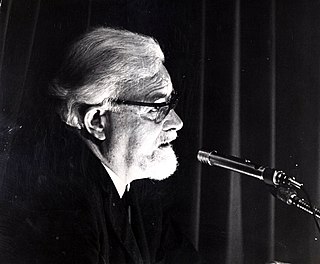A Quote by Ford Madox Ford
They were simple, earnest people, those early Victorians, and had not yet learnt the trick of avoiding disturbing thoughts and sights.
Related Quotes
In those same decades, most UFO sightings were made in the daytime and frequently at close range, when shapes and surface features could be distinguished, thus making positive identification of normal sights easier and the descriptions of unusual sights more detailed. When all normal explanations had been eliminated, the witnesses could concentrate on those aspects of the experience which were most abnormal.
What I have learned from the teachers with whom I have worked is that, just as there is no simple solution to the arms race, there is no simple answer to how to work with children in the classroom. It is a matter of being present as a whole person, with your own thoughts and feelings, and of accepting children as whole people, with their own thoughts and feelings. It's a matter of working very hard to find out what those thoughts and feelings are, as a starting point for developing a view of a world in which people are as much concerned about other people security as they are about their own
First Thoughts are the everyday thoughts. Everyone has those. Second Thoughts are the thoughts you think about the way you think. People who enjoy thinking have those. Third Thoughts are thoughts that watch the world and think all by themselves. They’re rare, and often troublesome. Listening to them is part of witchcraft.
The making of miracles to edification was as ardently admired by pious Victorians as it was sternly discouraged by Jesus of Nazareth. Not that the Victorians were unique in this respect. Modern writers also indulge in edifying miracles though they generally prefer to use them to procure unhappy endings, by which piece of thaumaturgy they win the title of realists.
For some people, it's the beginning of an awakening when they hear or read, "You have a voice in your head that never stops talking. Have you noticed that?" And suddenly they become aware that the thoughts go through their heads, whereas before they were so identified with them that they were those thoughts.
It's one of the disadvantages of succeeding early. I missed simple things like having a driver's license. I think everyone has one. For so many people, a license is an obligation, but it wasn't for me. Licenses are often synonymous with autonomy, but I had my autonomy so early that I've had drivers at my disposal. It was never a priority.






































